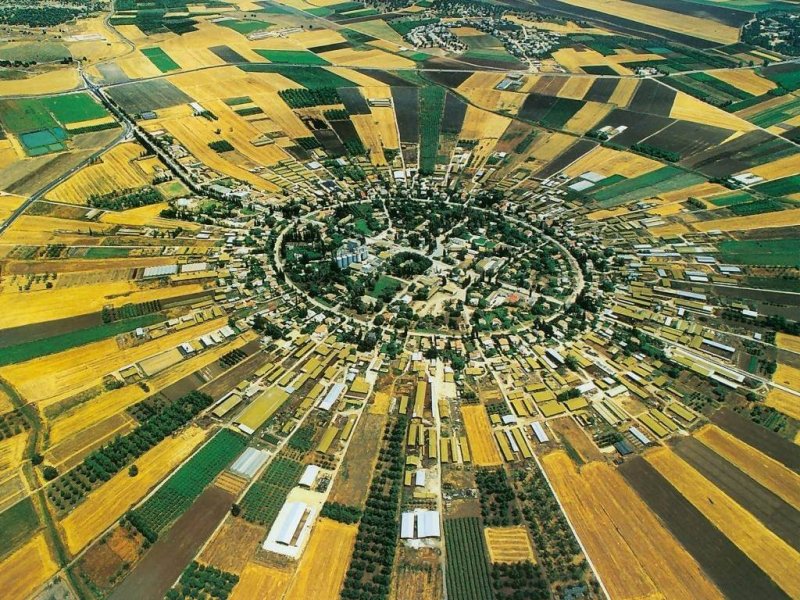Danziger Innovations announces that the Israeli National Committee for Transgenic Plants (NCTP) has made yet another major step in regulating gene editing methodologies.
The most recent Committee decision, of August 2016 published in March 2017, maintains that the development of plants through gene editing will be subject to regulations according to the definitions and guidelines of the Seed Act (genetically engineered plants and organisms) – 2005, whereby growing of the progeny of these plants will not be subject to these regulations as long as the applicants meet the determined criteria ensuring that foreign DNA sequences were not incorporated into plant genome.
This decision was also approved by the Plant Protection Services Administration giving the decision validation by which the progeny of plants that have undergone gene editing utilizing CRISPR / CAS9 will not be considered GMO or transgenic plants. Therefore, their cultivation will also not be subjected to the Seed Act (Genetically Modified Plants and Organisms) – 2005.
The GLP aggregated and excerpted this blog/article to reflect the diversity of news, opinion, and analysis. Read full, original post: Israel: Gene edited plants will not be regulated































